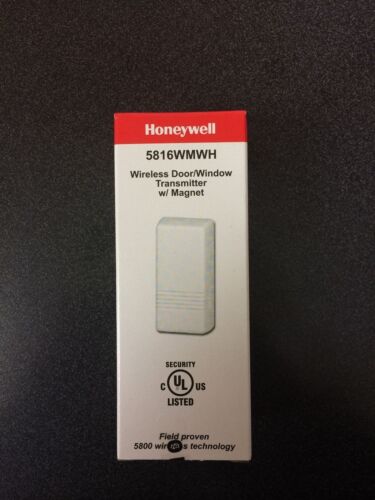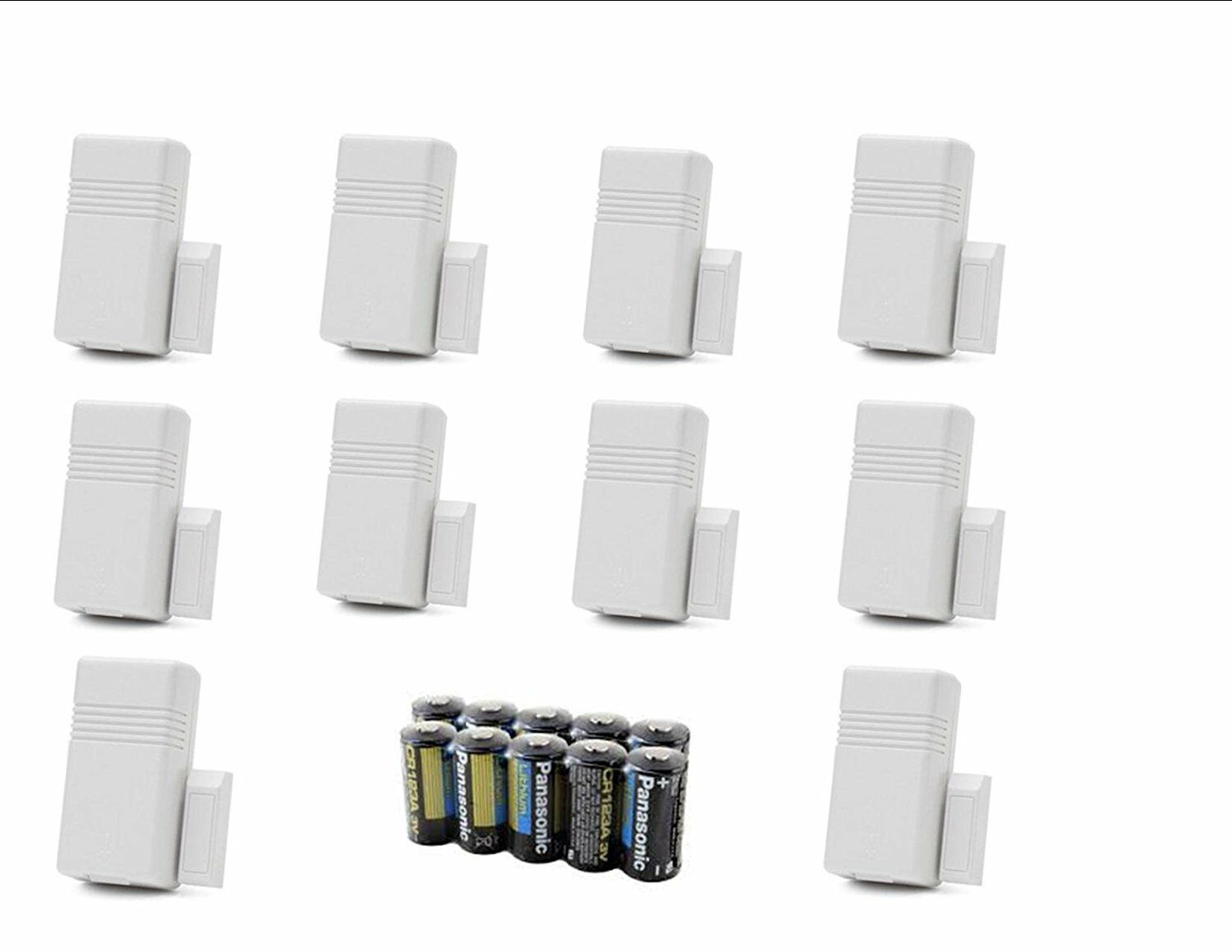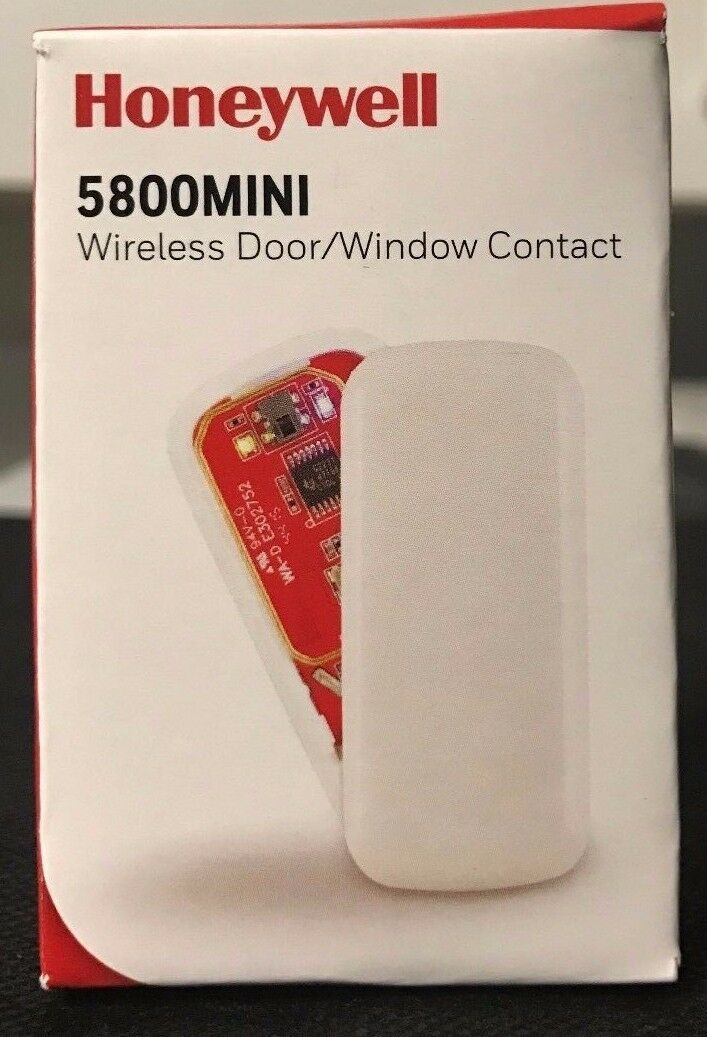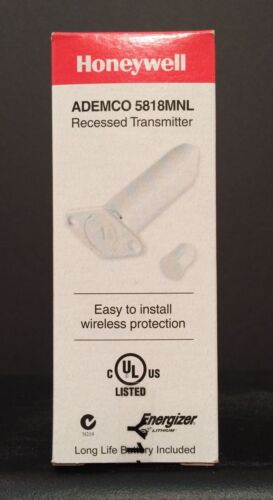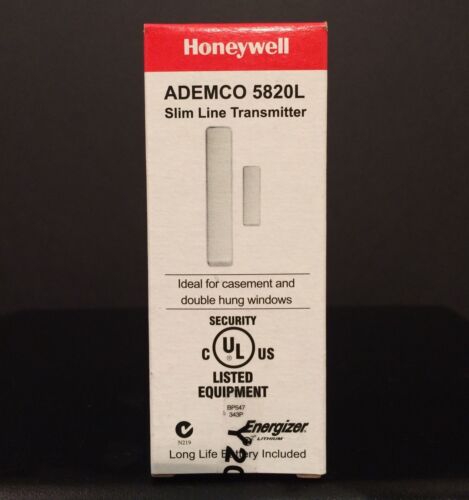-40%
AC Signal Trigger Remote Control System With NO/NC Output
$ 52.8
- Description
- Size Guide
Description
0020519AC Signal Trigger Remote Control System With NO/NC Output
Model: 0020519
Package Include:
1 x Receiver: S1UA-DC06-ANT3 / S1UA-DC09-ANT3 / S1UA-DC12-ANT3 / S1UA-DC24-ANT3
1 x Transmitter: CB-2V-AC
1 x User manual
Feature:
Application: It can be used in industry automation, agriculture automation and home automation, such as factory, house, farm, pasture, vehicle, ship, offshore operation, aerial vehicle, field call, etc. It can remote control equipments on land, water and air, such as remote control lights, sirens, locks, motors, fans, winches, blinds, linear actuators, doors, windows, electric solenoid valves, security alarm, business signs and various devices.
Wireless control, easy to install.
Waterproof: The receiver has waterproof case and waterproof connector, it can be installed outdoors.
Relay Output: This receiver is relay output, it can be used to operate both DC and AC equipments. The terminal is NO / NC (normally open / normally closed), which serves as a switch. That means you should also connect a separate power supply to it.
With wired control terminals: You can connect sensors, limit switches, manual switches or external devices to control the receiver.
With the external antenna, it can have a further working range.
Design with low-power and high-speed CMOS technology.
You can turn on/ off the receiver with transmitter (remote control) from any place within a reliable distance.
Wireless RF signal can pass through walls, floors, doors or windows.
With reverse power protection and over current protection.
Reliable control: The receiver only works with the transmitter which use same code.
One/several transmitters can control one/several receivers simultaneously.
You can use two or more units in the same place.
Receiver Parameters:
Model No.: S1UA-DC06-ANT3 / S1UA-DC09-ANT3 / S1UA-DC12-ANT3 / S1UA-DC24-ANT3
Power Supply (Operating Voltage): DC6V (S1UA-DC06-ANT3), DC9V±1V (S1UA-DC09-ANT3), DC12V±1V (S1UA-DC12-ANT3), DC24V±2V (S1UA-DC24-ANT3)
Output: Relay output (Normally open and normally closed)
Working Voltage Range of Relay: AC110~240V or DC0~28V
Working Frequency: 315MHz
Channel: 1 CH
Control Modes: Latched
Static Current: ≤6mA
Maximum Working Current: 10A
Wire range:22~11AWG
PCB size: 88mm x 80mm x 18mm
Case size: 115mm x 90mm x 55mm
Work with Fixed code transmitters or Learning code transmitters.
External Telescopic Antenna (ANT3) for the receiver:
Length of external telescopic antenna: 108mm / 445mm (stretch)
With SMA connector.
If you stretches the external telescopic antenna, it can have a further working range.
Transmitter Parameters:
Model No.: CB-2V-AC
With Two Input Wires: Trigger by 100~240V AC Signal
Channel/Button: 2
Operating Voltage: 9V (1 x 6F22 -9V battery, can be used for a week, if you want a longer working time, please use a 9V power adapter.)
Operating Current: 30mA
Operating Frequency: 315 MHz
Transmitting Distance: 1000m / 3000ft (theoretically)
It has an on / off button on the side.
Modulation Mode: ASK
Unit Size: 100mm x 68mm x 50mm
Matching Transmitters:
The receiver can work with different transmitters, such as model C-1 / C-2 (100M), CWB-1 / CWB-2 (50M, waterproof), CP-1 / CP-2 (500M), or CB-1 / CB-2 (1000M) etc.
When you set the receiver in toggle or momentary mode, it should work with single button transmitter, such as model C-1 (100M), CWB-1 (50M, waterproof), CP-1 (500M), or CB-1 (1000M) etc. When you set the receiver in latched mode, it should work with two buttons transmitter, such as model C-2 (100M), CWB-2 (50M, waterproof), CP-2 (500M), CV-2 (500M), or CB-2 (1000M) etc.
Working Range:
Super long range, with a transmitter (such as CB-2V-AC) to form a complete set, the maximum working distance can reach 2000M in an open ground.
The maximum working distance is a theoretical data, it shall be operated in an open ground, no barriers, no any interference. But in the practice, it will be hindered by trees, walls or other constructions, and will be interfered by other wireless signals. Therefore, the actual distance may not reach this maximum working distance.
Usage:
The receiver can be used to control both DC 0~28V and AC 110~240V equipments.
Notice: The receiver is relay output, not DC/AC power output. Initial state of relay output terminals: Terminals “COM” and “NO” are Normally Open; Terminals “NC” and “COM” are Normally Closed.
A. Wiring:
If you want to control a DC 12V lamp, do as following:
1) Connect the positive pole of DC power supply to terminal “L / +”, and connect the negative pole of DC power supply to terminal “N / -”.
2) Connect terminal “NO” to the positive pole of DC power supply, connect terminal “COM” to the positive pole of DC lamp, and connect the negative pole of DC lamp to the negative pole of DC power supply.
If you want to control an AC 220V lamp, do as following:
1) Connect the positive pole of DC power supply to terminal “L / +”, and connect the negative pole of DC power supply to terminal “N / -”.
2) Connect terminal “NO” to the live wire of AC power supply, connect terminal “COM” to one side of AC lamp, and connect another side of AC lamp to the neutral wire of AC power supply.
B. Operation:
1) Controlling the device by pressing buttons on the transmitter (CB-2V-AC):
Press button A of the transmitter: the relay is activated (connect “COM” and “NO”, disconnect “NC” and “COM”), and the device is turned on.
Press button B of the transmitter: the relay is deactivated (disconnect “COM” and “NO”, connect “NC” and “COM”), and the device is turned off.
2) Controlling the device by inputting AC100~240V power to the input wire of the transmitter:
When connect AC100~240V power to the input wire (the red wire and black wire) of the transmitter, the transmitter sends an RF signal "ON" to trigger the receiver, the relay is activated (connect “COM” and “NO”, disconnect “NC” and “COM”), and the device is turned on.
When disconnect AC100~240V power to the input wire, the transmitter sends another RF signal "OFF" to trigger the receiver, the relay is deactivated (disconnect “COM” and “NO”, connect “NC” and “COM”), and the device is turned off.
C. Wired control terminals:
The receiver has wired control terminals, you can connect external devices, sensors, limit switches or manual switches to trigger the receiver.
1) By low level signal:
You can connect external devices (with low level output signal) to trigger the receiver.
When external device outputs low level signal to terminals 1 (Signal +) and terminal 3 (Signal -), the relay is activated (connect “COM” and “NO”, disconnect “NC” and “COM”), and the device is turned on.
When external device stops to output signal, the relay is deactivated disconnect “COM” and “NO”, connect “NC” and “COM”), and the device is turned off.
2) By NO/NC contact:
You can connect manual switches (with NO/NC contact) to trigger the receiver.
When connect terminals 1 and 3 by manual switch, the relay is activated (connect “COM” and “NO”, disconnect “NC” and “COM”), and the device is turned on.
When disconnect terminals 1 and 3 by manual switch, the relay is deactivated (disconnect “COM” and “NO”, connect “NC” and “COM”), and the device is turned off.










